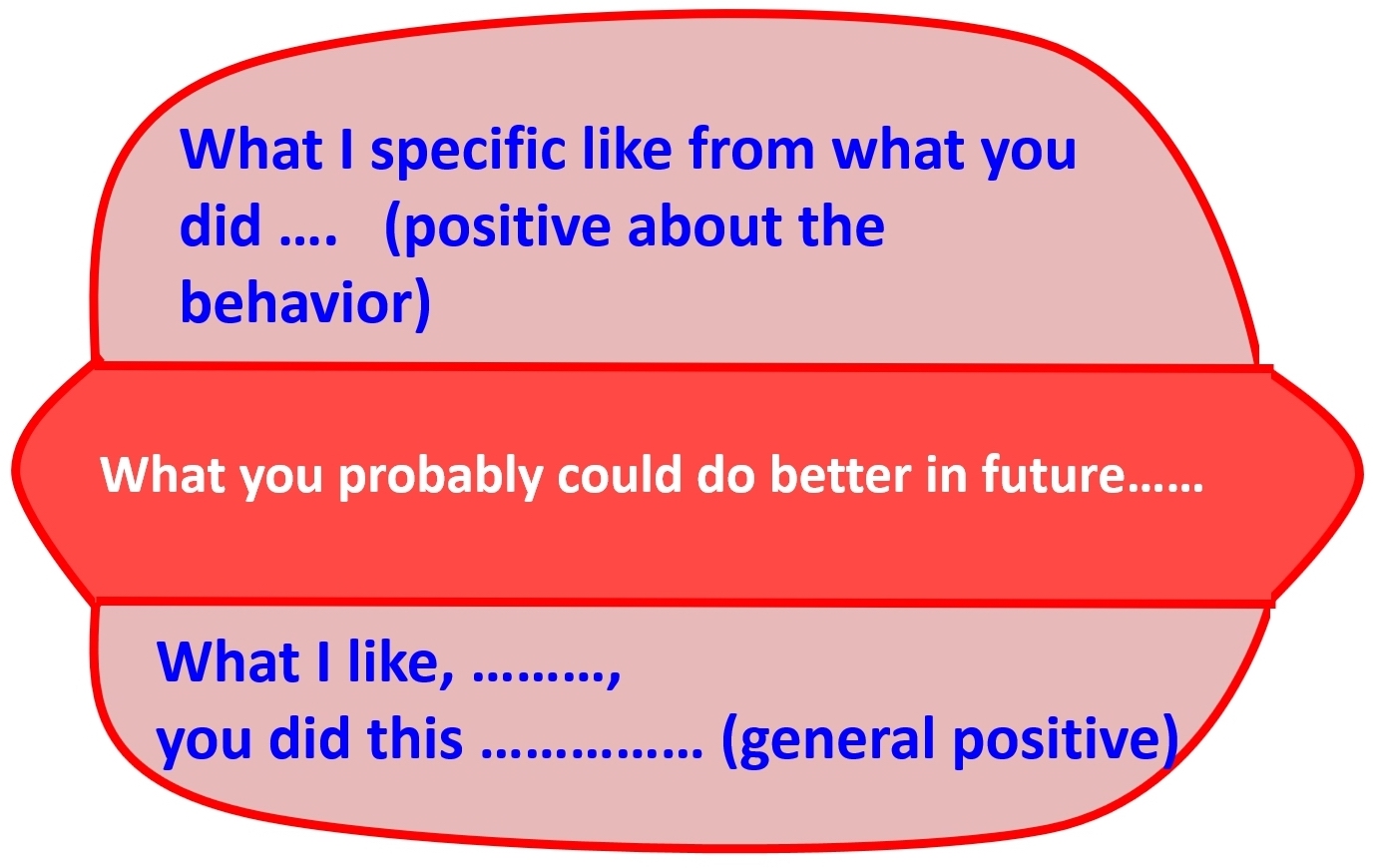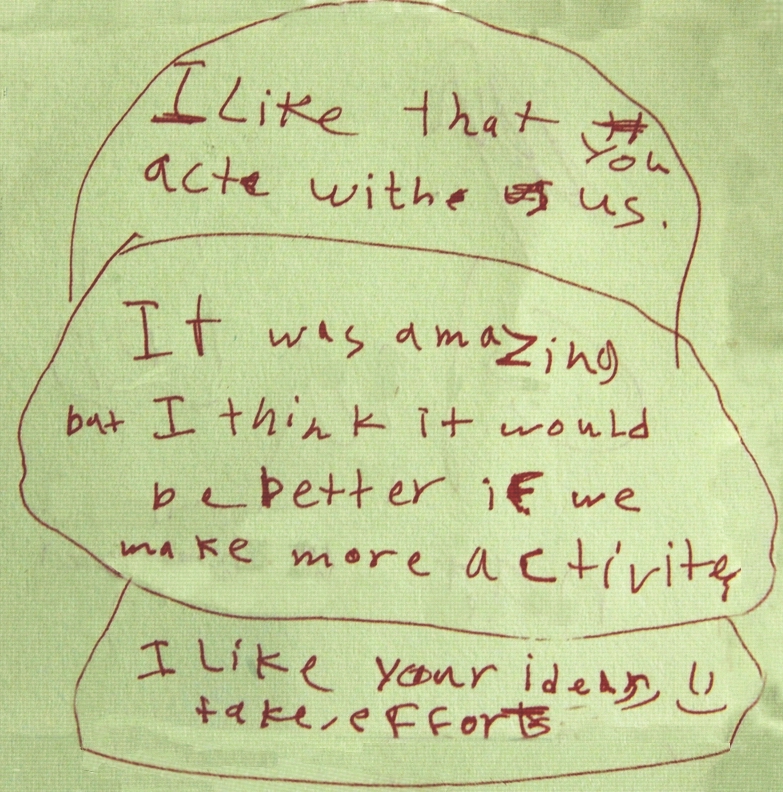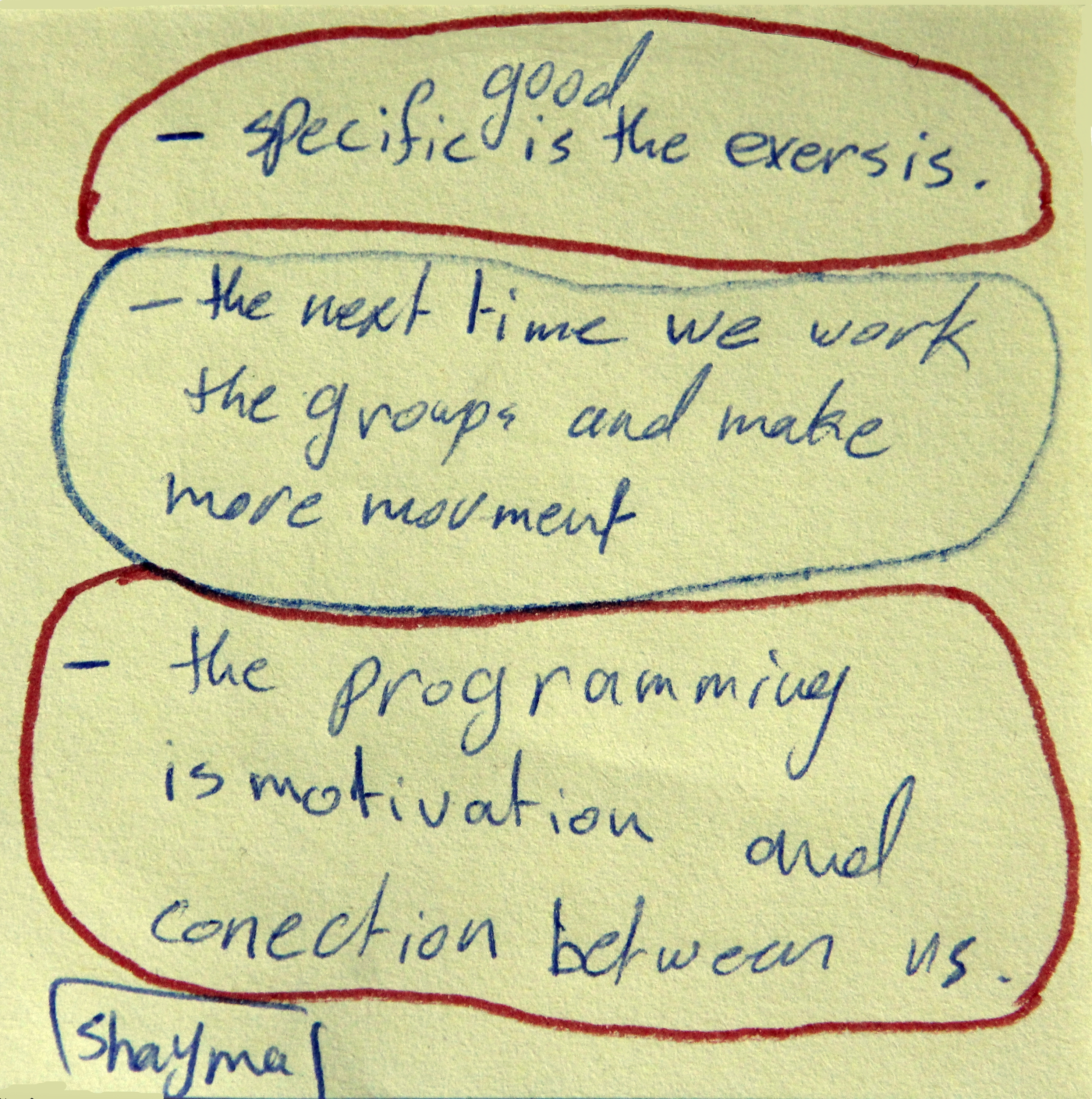I empower: You can create more energy and success in your life than you can think of!
This is one of the practical life skills which you can easily apply to improve the quality of your relations.
Observe the result of your compliments!
Look carefully to the face of the one you give a compliment. (calibrate) You see nodding, little smile, hand for the mouth (as a hesitation to accept)? Adapt you compliment to every person you are addressing.









Create a smile by giving a compliment!
The great thing about NLP is that it helps you to do new things that can open others mind and at the same time give you a good feeling.
A compliment is a small effort to make two people
smiling: you and the other!
The skill of giving compliments is a cool art. The idea of consciously
improving your ability to give compliments immediately evokes thoughts
about establishing better relationships and lasting contacts. Giving a
pat on the back builds a good relationship with the people around you.
You create relationships from your own sources that can be of great value
when you need them most.
Giving a compliment is not something that most people naturally do a lot. So how would you like to improve this valuable skill?

Remember easy with
'PRAISE'
1)
Be Precise
and specific with your compliment!
The best compliments we receive are those that are
specific to ourselves.
Which of the following compliments would you rather receive after giving a presentation?
"What a great guy / woman are you!" (at identity level)
Or
"Great job that you did this so well, it was completely new to me!" (at behavior level)
The first version comes out as a generalization and can seem faint, while the second statement speaks about what you did, that specific performance of this day.
For example, if you come up with unique and compelling
data for your presentation, then you have much more appreciation for a
compliment on this effort than a compliment in which your hard work is
not mentioned.
If possible, try to adjust your compliments to
something specific.
Instead of saying:
"You look good today," ---> say: "What a tasteful tie
you have chosen, that makes me happy.
Or, instead of: "It was a good evening" ----> try saying
something like: "I really enjoyed the movie you selected for tonight."
Also not too specific: You don't believe a compliment after an evening
at the film about how many kisses the lovers have exchanged.
2) Watch out for all too R
risky compliments. If the receiver thinks: "this is not true",
or "what does he/she wants from me?", the compliment
does the opposite as you want.
If you give compliments at the identity level, that can come across as
excessive.
"What a fantastic person you are" (at identity level)
Keep it short and to the point, that is the best thing about it.
Better: "I like you, you are so welcoming."
A compliment that is too elaborate can look a bit sought and therefore not sincerely meant.
"What have you done this work in such a short time with so much precision and so much expertise and attention and surrender and ...." (on behavioral level but too detailed)
Better: "What you have done so fast is well
done."
3) Make your compliment Accepted.
Look if you get a nod or a smile, if not try to get rapport in another
way. For example an "I" message. Take the time to get the compliments
to settle down. Feelings always need more time than thoughts.
4) Give it an
I message
Give a compliment about your own feelings, with attention while looking
at the other person.
Nobody can feel what you feel, and so a message about what you feel is easier accepted than a you message if you don't say who made the observation.
5) Make it custom-made using the S sandwich.

Focus your compliment on the person for whom it
is intended and indicate what feeling that evokes in you. For that you
don't have to compare with someone else who would do less well. Don't
bring others down!
If you want to try to make your compliment sound natural and sincere,
it is good to have a formula in mind that you can use to form future compliments.
With a compliment you can also challenge someone
to do even better next time. It appears that because you pay attention
to something that may not have been done so deliberately, you can focus
on it with a compliment. Someone who is perhaps a bit introverted and
usually doesn't say much can be challenged by giving a compliment if he
or she says something. From the perspective of the recipient, this can
be interpreted as an encouragement to conduct behavior that is not shown
so often
Try this formula:
[How you feel, I message] + [about something specific at environmental behavior or skill level] + [why you feel that way, where you can name a value or need that is important to you]
Let's see how this works for a specific person. Suppose you want to compliment
a colleague about his / her help in gathering together the information
you need for a large report. Following the above formula, you could say:
"I appreciate your help in collecting the data for my report. I would not have met my deadline without your support!" (at behavior level)

All in all, you have a good feeling, a specific
behavior that you appreciate and you give a reason why you feel that way.
Try this formula in different situations. Of course you can also come
up with a variation that feels even more natural to you. In the process
you will find that giving valuable and appreciated compliments will become
second nature to you.
Try to give your compliment as soon as possible after the actual event
that your compliment is about. If you say something like: "I loved
how you gave the presentation last month," or "Nice work, the
presentation that you gave a few weeks ago," it can come across as
"What are you talking about?" You want your compliments to be
genuine and honest.


Of course you will not always succeed in complimenting
someone immediately after something he / she has done. In such a case,
leave out the compliment. It is not necessary to do the same every time
you can compliment. By simply making it a priority to integrate complimenting
into the practice of your life, you will increase your chances of giving
and receiving meaningful positive feedback.
6)Keep your compliment close to your Experience.
A genuine compliment is gold worth. If it is really your own experience what the behavior of the other does to you, then this is the best you can give!






